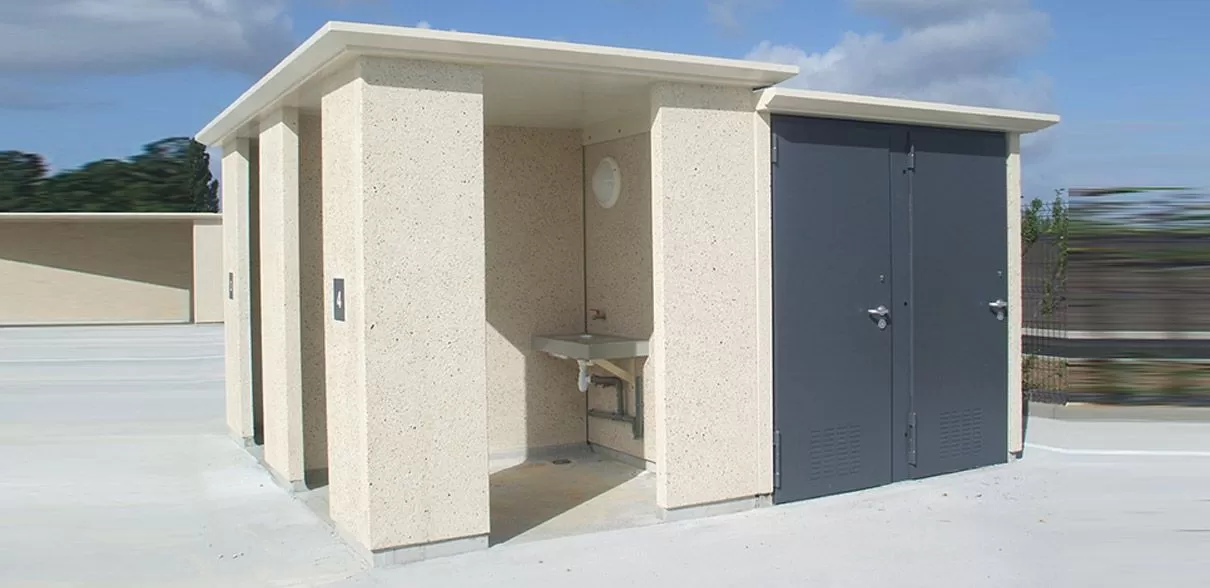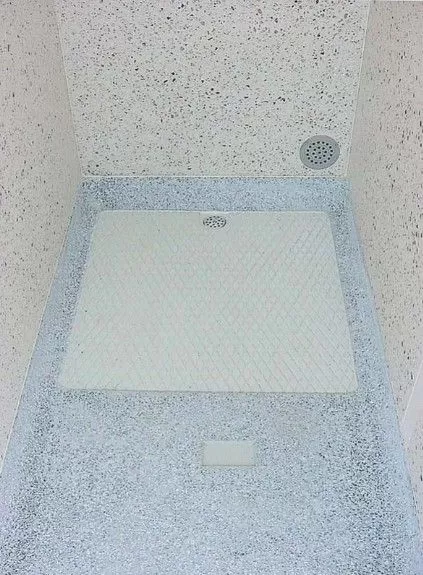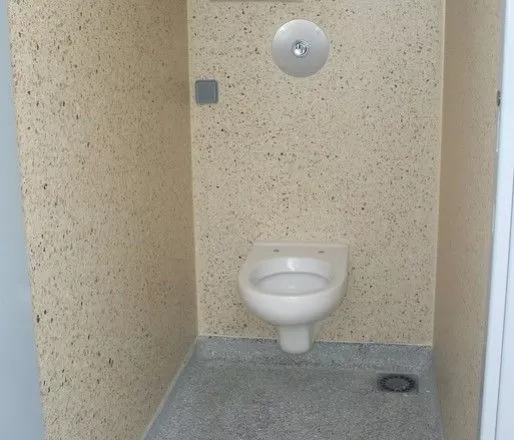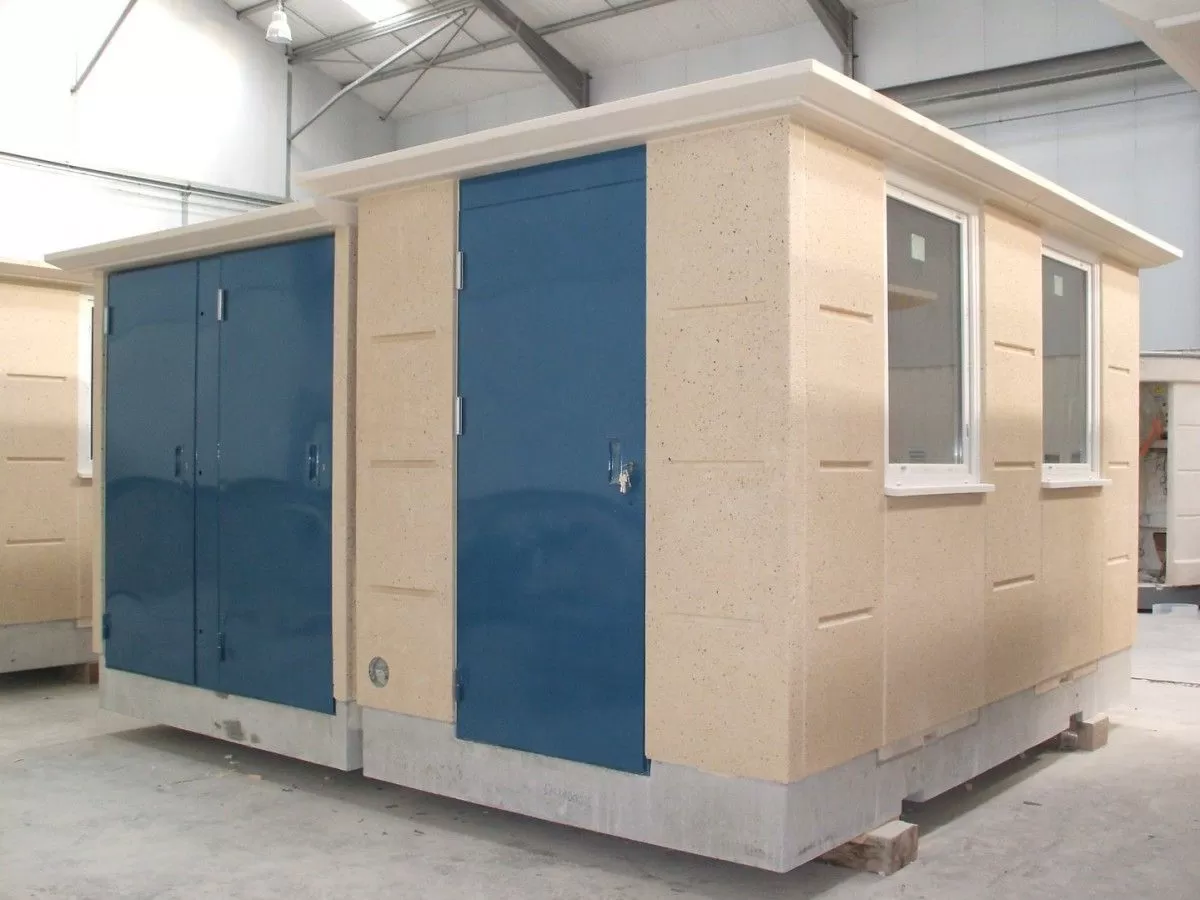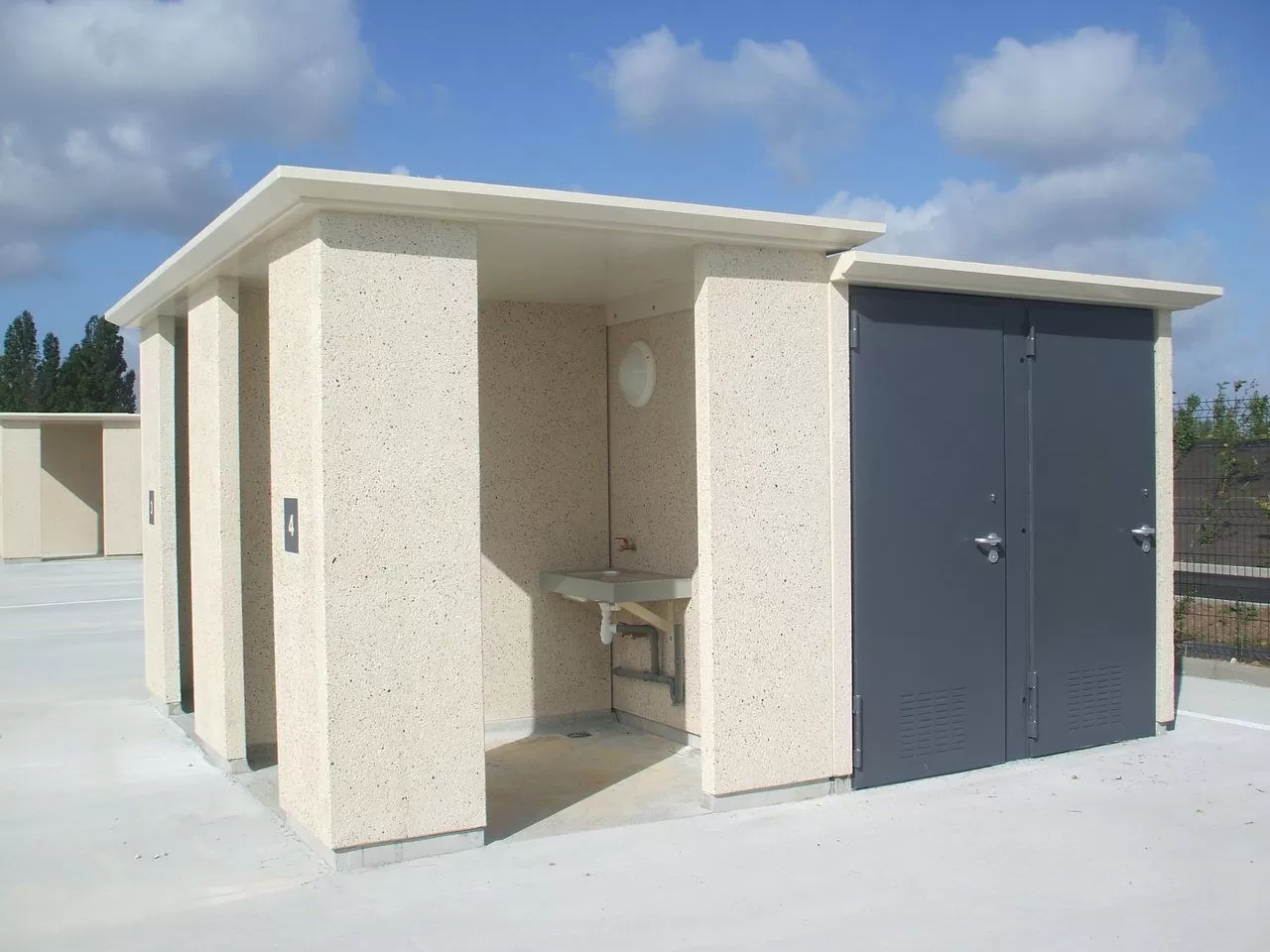Towns with over 5,000 inhabitants must provide adequate accommodation for travelling people. How do we accommodate mobile populations while respecting the regulatory requirements? Let’s take a look at the applicable legislation and the solutions available to accommodate them.
“Travellers” are a special legal category
The term ""Travellers"" is clearly defined in the Law of July 5, 2000. In its latest version, the text refers to people ""whose traditional habitat consists of mobile homes set up in sites or on land designated for that purpose"".
This law has enabled traveller sites to be set up in every Department. These schemes are orchestrated by a framework involving several partners: the State, the Departments, the towns and villages and the representative bodies for Travellers. The people involved therefore benefit from being attached to a town and the residence system.
The legal category was initially introduced by the 1969 law on itinerant economic activities. The text was retrospectively deemed to be discriminatory and was repealed by the January 27, 2017 law on equality and citizenship. In particular, it provided for the issuance of a “Livret Spécial de irculation"" (special travel booklet) for people who had been without a fixed place of abode in the European Union for more than 6 months.
To provide better support for these itinerant populations, the law on the accommodation and housing of travellers provides for the creation of Departmental schemes. This plan must be revised at least every six years to keep pace with the reality on the ground.
Special features of sites for Travelling people with amenities
Travellers and sedentary populations have different life styles. The latter live in private properties away from the work place. The former combine work and family life in accommodation which is also mobile.
For Travellers, the interior space and the outdoor site are merged to create a space for living and a range of diverse activities. The interior space is bounded by the walls of the caravans they live in while travelling. When they arrive at a new destination they have to appropriate the new outdoor space as it is fully part of their living space. It then becomes a private space extended from the caravan.
The characteristics of the sites provided by local authorities therefore heavily influence the quality of life of Travellers. The Departmental plan guarantees that the sites are decent, while preventing illegal installations that could impact the quality of life of local residents.
The Departmental Plan
The Departmental Plan sets out the number of traveller sites and their locations. We need to determine the capacity of each family plot at permanent and transient sites and anticipate any social interventions that may be required.
Permanent traveller sites
Permanent traveller sites account for the bulk of the departmental plans and over 27,000 places were available by the end of 2020.
Large traveller areas
The purpose of the ""aires de grand passage"" (AGP) is to accommodate travellers during traditional and sporadic gatherings.
Family rental plots
By the end of 2020, France had more than 1,500 places spread across 293 sites. These spaces act as a home base for families looking for a permanent address on a private plot of land. This does not prevent them from travelling for part of the year.
Designing, fitting out and managing traveller sites
Once the plans have been drawn up, local authorities must be able provide concrete solutions to the needs of travelling people.
Designing the site
The right balance between private and communal areas must be struck when laying out traveller sites. Safety standards, health regulations and current acceptability standards must also be considered when designing them.
The Decree of December 26, 2019 stipulates that sites must provide a minimum surface area of 75 m² for each mobile home and that waste collection plans must be included.
Fitting out traveller sites
Once the space has been organized it must be fitted out. Here again, the Decree of December 26, 2019 provides details about the minimum requirements. It stipulates that each site must have at least one utility block with a washbasin, a shower and two toilets.
Each site must also provide access to electricity and drinking water while enabling consumption costs to be individualized.
Managing traveller sites
Collective spaces and facilities must be properly maintained as per their intended use. This can be a perilous business for local authorities as they must be extra vigilant when designing and acquiring the equipment for a site. Choosing the right products and installing them in the best possible way simplifies site management and prolongs their working life.
Sanitary facilities for traveller sites
Francioli specializes in street furniture and public toilets and manufactures prefabricated toilets that comply with the current standards for traveller sites.
Our SANINOMADE and APA ranges meet the requirements of the law of July 5, 2000 and the provisions of the decree of December 26, 2019. Our new model from the APA range makes it easy for local authorities to install prefabricated outdoor toilets that meet the latest regulatory requirements.
These modules also meet Francioli's requirements for durable street furniture. Our prefabricated concrete products are easy to install and highly resistant to wear, damage and fire (M0 classification). These qualities are essential if we are to offer high-quality, compliant facilities to travellers.



